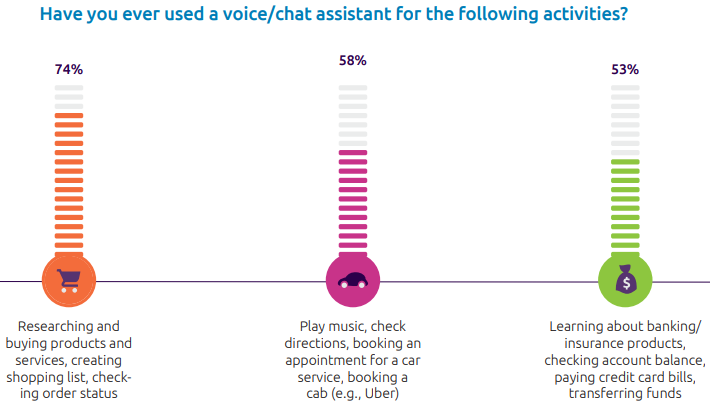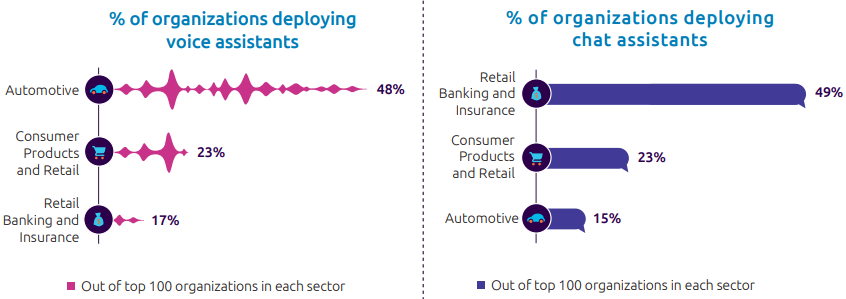
People Don’t Trust Voice Assistants, But They Are Still Buying Smart Speakers
- The consumer market demand for smart speakers grows, no matter the recent privacy incidents.
- People just love the way they can interact with their voice assistants, and customize them to their needs.
- Companies are also seeing widespread and large-scale benefits from the use of this technology.
According to a report by Capgemini based on a relevant survey they did between 2017 and 2019, consumers and organizations are embracing voice assistants that power smart speakers. This comes in contrast to the rising privacy concerns that have been fueled by multiple recent revelations (Amazon, Microsoft, Apple, Google, Facebook). The consumer appetite for smart assistants and voice interaction is just too great for anything to stop the market trend right now. People will put their convenience higher than their privacy, or at least the majority of them will.
The survey that was conducted by Capgemini includes data from 12000 respondents who live in the United States, United Kingdom, France, and Germany, all of whom own and use a voice-activated device. The first highlight of the report is that an increasing number of consumers want to use conversational interfaces, especially in the field of casual product and services purchase. Consumers like to conduct their product research through voice-assistant devices, create shopping lists, and check the status of their orders by asking everything on the smart speaker. Playing music, checking directions, booking a car or cab, and learning more about fund transfer and payments all come after.
Source: capgemini.com
From November 2017 to May 2019, the overall use of voice assistants in the four countries where the respondents come from has increased from 51% to 55%. The majority of consumers who use voice assistants are satisfied with their experience. The declared level of satisfaction has grown by 10% for Google Assistant and Apple Siri since November 2017, and by 15% for Google Home and Amazon Echo. This is an expected finding as voice assistants have gone a long way of development and improvement since then. Moreover, people have also realized more about how to get the most out of these tools. On that part, 58% of consumers told Capgemini’s researchers that they personalized their voice assistants.
Source: capgemini.com
Finally, while organizations have still a long way to go in terms of mainstream adoption, already, many of those who have deployed voice and chat assistants are seeing benefits. The respondents measure significant reductions in customer service costs and customer churn by more than 20%. In addition to this, customer waiting times have been reduced by more than 5 minutes on average, and NPS (Net Promoter Score) has improved by more than three points for over 50% of the organizations.
Source: capgemini.com
What do you think about the above stats in relation to the invasion of people’s privacy? Let us know of your opinion in the comments down below, or on our socials, on Facebook and Twitter.











